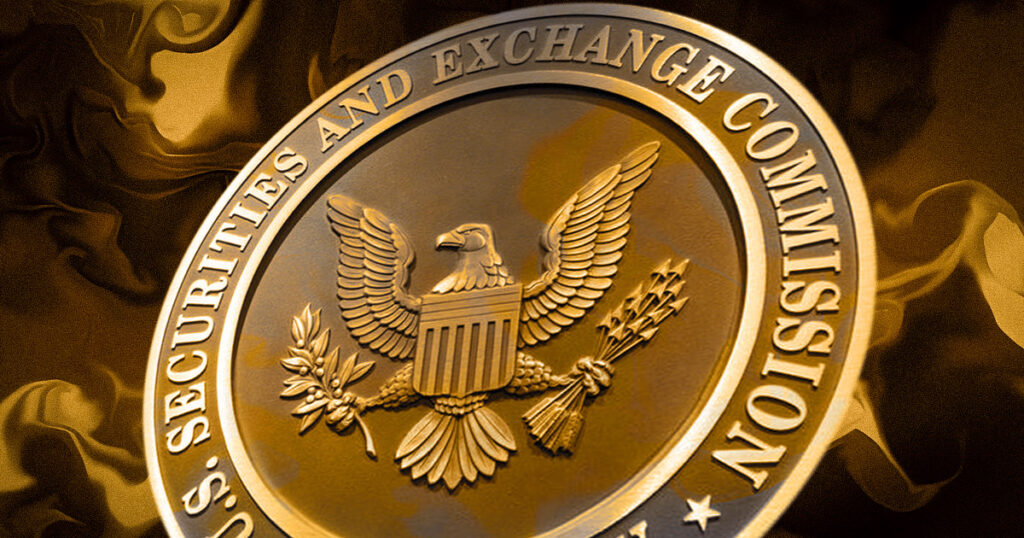U.S. Senator Cynthia Lummis filed an amicus brief on Aug. 11 in support of Coinbase’s motion to dismiss the U.S. Securities and Exchange Commission’s (SEC) lawsuit. The senator drew attention to the Lummis-Gillibrand Responsible Financial Innovation Act, which aims to regulate crypto, and said there are already debates in Congress about crypto regulation.
Therefore, the court should dismiss the SEC’s case and leave it to Congress to develop the appropriately balanced regulation, noted Lummis, known as pro-crypto.
‘The SEC cannot legislate through enforcement’
She wrote that the SEC has neither the authority nor has Congress been entrusted with regulating cryptocurrencies. The short noted:
“The Constitution empowers Congress — not the SEC — to legislate in such an area of great economic and political significance.”
She further argued that both Congress and the SEC have an interest in protecting investors. However, she noted that most of the bills under discussion prefer to entrust most of the oversight of the crypto market to another agency. The short added:
“Disgruntled, the SEC is trying to circumvent the political process to claim that authority for itself.”
According to Lummis, the SEC has attempted to bring crypto under the definition of an “investment contract” by “reinterpreting” the words. Congress has never allowed the SEC to rethink the definition of securities to extend its influence and authority beyond that of Congress.
Therefore, the SEC’s claiming that most cryptocurrencies are securities is merely an attempt to seize power, contrary to the legislative process, the briefing said.
She firmly stated that the SEC “cannot legislate through enforcement,” adding that:
“The SEC’s attempt to include an entirely new class of assets in the existing definition of a ‘security’ and thereby add to the definition enumerated by Congress exceeds the authority of the SEC, violates Congressional law and violates the separation of powers.”
The doctrine of the separation of powers or the doctrine of the big questions dictates that only Congress can legislate on important issues of national and economic importance.
To emphasize her perspective, she added: “Congress has reserved for itself – not the SEC – the fundamental duty of determining what type of assets fall within the scope of the SEC, and Congress is the appropriate body to outlining a framework for regulating crypto assets. .”
While Congress can grant the SEC the necessary authority to regulate crypto assets, it is a decision for Congress to make and the “SEC cannot take the decision for itself,” she wrote.
The SEC is opposing ongoing legislative efforts
Through the case against Coinbase, the SEC is trying to gain influence on issues already being discussed by Congress, Lummis noted.
Several crypto regulation bills are currently under consideration by Congress. Most of these bills have one thing in common: they recommend agencies other than the SEC to regulate the lion’s crypto market share.
Therefore, the SEC’s claim that it has authority over the new sector “is inconsistent with active legislative efforts,” Lummis noted.
The short noted:
“While some outstanding accounts may be different, the SEC’s expanded, new interpretation of its own authority is inconsistent with most outstanding accounts.”

